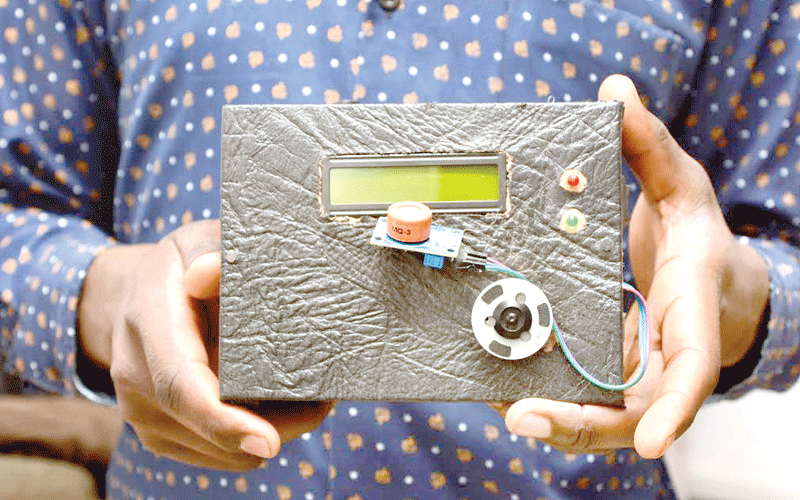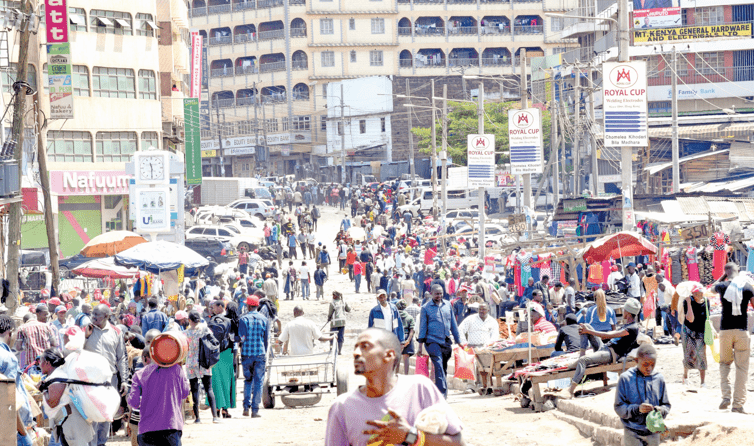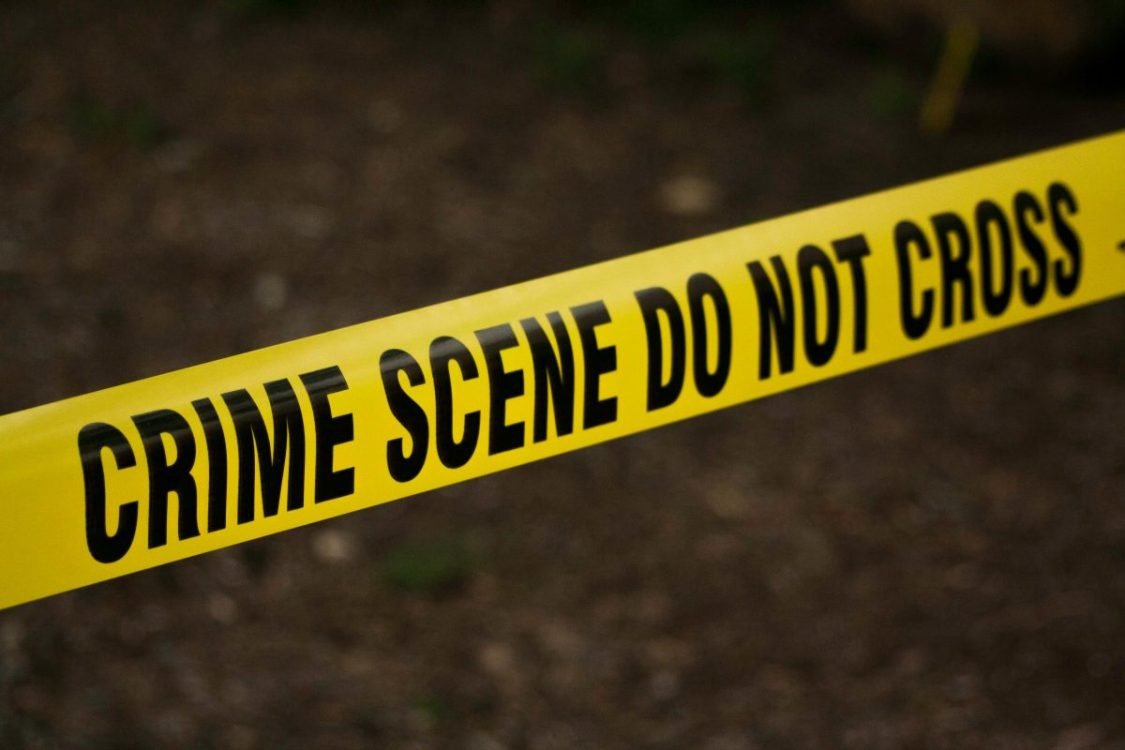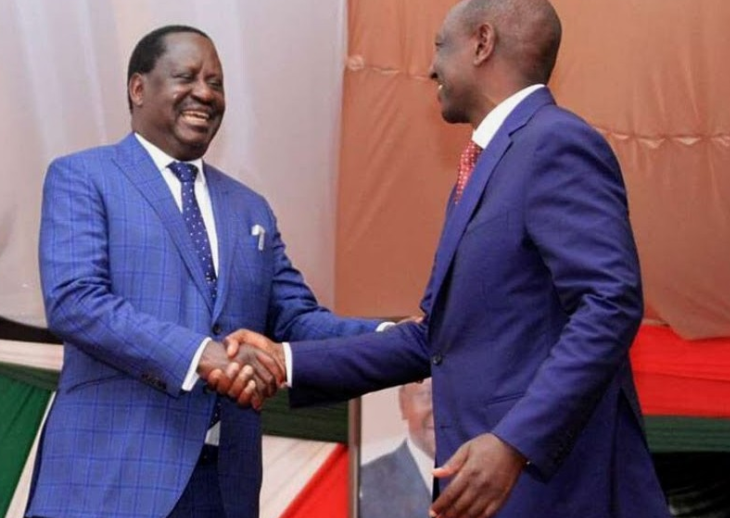How alcoblow has become a money machine for police
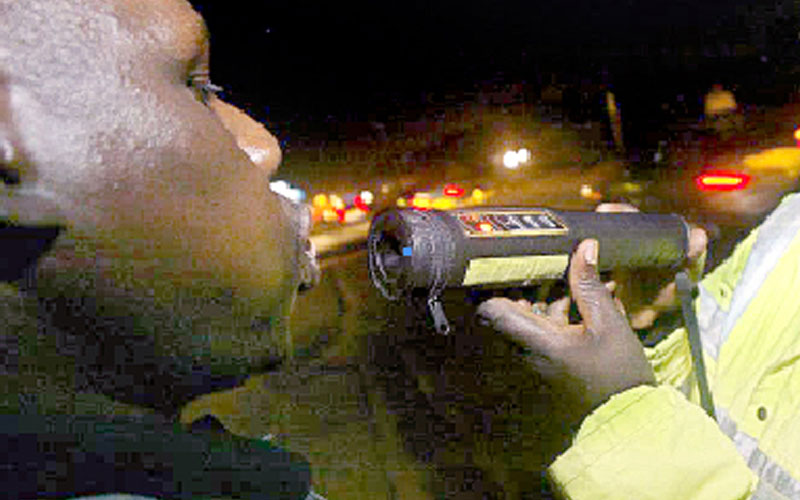
Two weeks ago, Joseph Mburu was driving to his Kiambu home after meeting friends at a Nairobi restaurant.
On Kiambu Road, he ran into a roadblock by police officers who were testing drivers for alcohol levels. He knew he would not escape.
Mburu said he was asked to blow into the breathalyser, commonly known as alcoblow, and it recorded 0.33.6 mg/l, meaning he was in trouble with the law.
The police asked him to park his car on the roadside before bundling him into the back of a police Land Rover in which he found at least ten other people.
“In the Land Rover, I found someone I knew and we tried to sweet talk the officers but they refused to let us go. They told us that we would be remanded at Gigiri Police Station,” Mburu told People Daily.
He recalled that before the Land Rover was driven to the police station, an officer, who appeared to be in charge, shouted, “Tumefikikisha wapi? (how far have we gone?).
A junior responded that the number was satisfactory, probably to mean that they had hit a target of suspects to be delivered to the station.
On reaching the police station, the officers ordered towing services to take the suspects’ vehicles to the station at the cost of Sh10,000 each. The owners of the cars would pay.
“We were never booked in the occurrence book. We were bundled into a room, which was not a police cell and that is where we were asked to part with Sh20,000 each if we wanted to avoid appearing in court the following day,” he said.
Since he was supposed to report to work the following day, Mburu and fellow suspects decided to part with the money to secure their freedom and avoid the embarrassment of being paraded in court to answer to drink-driving charges.
“I called a relative and a friend who agreed to lend me the money,” Mburu said, adding that they were never receipted for the money.
A quick calculation would show that if all the people who were arrested with Mburu paid the bribe, the officers pocketed Sh200,000. Bearing in mind that more people were arrested for drink-driving on the same night, the figure could be more than Sh500,000 from just one station.
Mburu’s experience is typical of what happens in many police stations in the city. Every night, hundreds of motorists are arrested in alcoblow operations, but instead of being charged in court, they are asked to pay huge bribes. Many of those who are arrested opt to play ball to secure their freedom.
Efforts to get police Spokesman Charles Owino to comment on the matter were not successful as he neither picked our calls nor respond to text messages.
But Nairobi City Police Commander Philip Ndolo said while he had not received formal complaints about such cases, he could not rule out such conduct by police officers.
He, however, blamed Kenyans for giving in to the officers’ threats and paying the bribes instead of going through the legal process.
“I have no formal report but I cannot say it is true or not. But people should also stop paying bribes,” Ndolo said.
Lawyer Mbiyu Kamau says that of the people who are arrested in drink-driving operations, less than two per cent are taken to court while the rest pay bribes.
“Only those who do not have the money or those who refuse to pay are charged. In a station, you will find that tens of people are arrested but only two are charged,” he said.
Kamau says the police have turned the alcoblow into a money-minting machine.
According to Kamau, the legal process, which may include spending the night in a cell, paying a cash bail, skipping work and the embarrassment that comes with being charged in court, makes motorists vulnerable to the police extortion racket.
And if one is found guilty, the offence attracts a fine not exceeding one Sh100,000 or imprisonment for a term not exceeding two years, or to both.
In February, the then Kiambu Senior Resident Magistrate Bryan Khaemba ruled that drink-driving is not an offence as long as the driver is in control of the vehicle.
Khaemba, who was ruling in a case in which Michael Mugo was charged with driving under the influence of alcohol, said there was no proof that the accused was unable to control the car because he was drunk.
In 2017, the Court of Appeal ruled that the alcoblow rules, which were being implemented by the National Transport Safety Authority (NTSA) were illegal, arguing that they were poorly drafted.
The court was ruling in a case in which Sports Bar Limited had sued Roads Cabinet Secretary, NTSA and others, saying alcoblow rules had adversely affected their business due to dwindling clientele on account of fear of being arrested for drink-driving.
